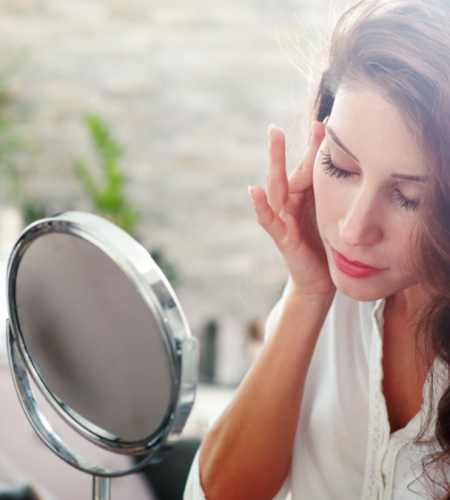A graduate of the Brooklyn College of Pharmacy, Richard Schirripa spent more than five decades in New York City’s pharmacy industry, beginning as a stock boy at Kings Pharmacy in Brooklyn and ultimately owning and leading multiple pharmacy locations throughout the city. Richard Schirripa managed a range of unique challenges during his career as a New York City pharmacist, from navigating the AIDS epidemic of the 1980s to serving the unique medical needs of first responders following the September 11 terrorist attacks on the World Trade Center.
Richard Schirripa held numerous leadership positions as a pharmacist, including general manager of Kings Pharmacy, chief executive officer and president of Drug Rich Pharmacy, and owner and chief executive officer of Madison Avenue Pharmacy, Inc. In addition to these pharmacy positions, Mr. Schirripa spent a decade as the owner, chief executive officer, and president of Carnegie Hill Health and Beauty Aids in New York City. Under his leadership, Carnegie Hill Health and Beauty Aids provided the community with a range of health and beauty aids, as well as various household items and surgical supplies.
During his time as the leader of the health and beauty aids business, Richard Schirripa gained experience with a range of skincare products, which may feature pharmaceutical grade, cosmetic grade, and cosmeceutical grade ingredients. Many consumers may be confused by these different terms and rely on the professional insights of pharmacy professionals like Mr. Schirripa.
A pharmaceutical-grade product or ingredient has been assessed by the Food and Drug Administration (FDA) and subsequently regulated as a drug. Whether consumers are shopping for health aids or beauty products, they should prioritize pharmaceutical-grade ingredients whenever possible, as FDA regulations mandate that the substances must be at least 99.9 percent pure and unmixed.
Perhaps more importantly, pharmaceutical-grade products carried by stores such as Carnegie Hill Health and Beauty Aids cannot make false claims about health or beauty benefits. In other words, if a pharmaceutical-grade skin care product has labeling that states that the product reduces wrinkles, there must be scientifically verifiable evidence to reinforce that statement. Similarly, FDA-regulated products must comply with various legal standards.
While pharmaceutical-grade products provide consumers with several benefits, they can only be purchased directly from the manufacturer or through licensed medical clinics, meaning they may not be available at locations like Carnegie Hill Health and Beauty Aids.
Cosmetic-grade products are more likely to be stocked by health and beauty store owners like Richard Schirripa. While cosmetic grade products are still subjected to certain FDA regulations, the standards are much more relaxed, and the products are widely available at local drugstores and similar retail locations. While this makes the products more accessible and affordable, it also means that the products can vary significantly in terms of quality. They may consist of filler or impure ingredients and fail to deliver on promises made on the labeling. If someone is purchasing a cosmetic-grade beauty product, they should discuss potential quality concerns with a reputable and knowledgeable pharmacy professional such as Mr. Schirripa.
Finally, cosmeceutical-grade products represent a more recent category of health and beauty aids products. While these products describe themselves as hybrids of pharmaceuticals and cosmetics, they are not recognized by the FDA and thus are subjected to the same relaxed standards as cosmetic-grade products. That said, leaders in the cosmetic industry have committed themselves to elevating cosmeceutical products above the standards of basic cosmetics, meaning that they are more likely to deliver potent, reliable results. That said, consumers are encouraged to talk to pharmacy leaders like Richard Schirripa to determine whether a specific cosmeceutical product can live up to its billing.

